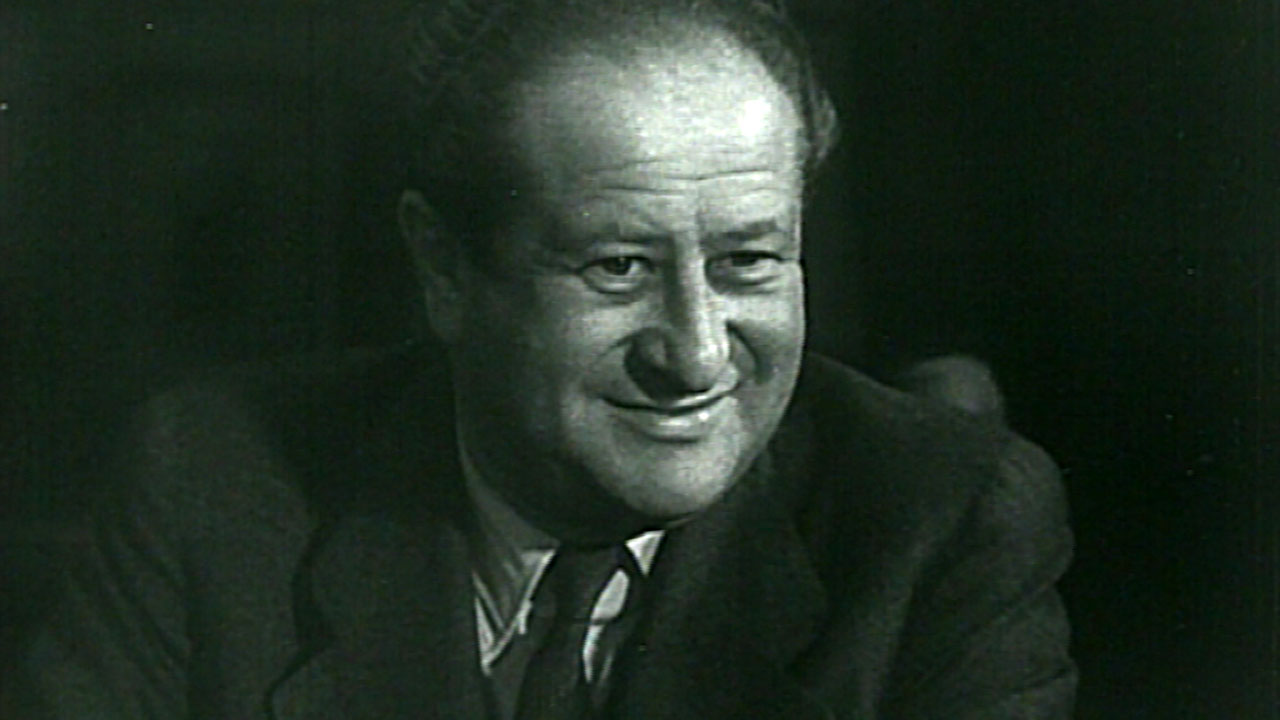Austria's first prime minister of Jewish origin: Who is Bruno Kreisky?
In line with his political views, Bruno Kreisky, during his prime ministry, made reforms that legalized abortion and homosexuality, reduced compulsory military service to 8 months, and accepted the rights of the Slovenian and Croatian minorities in the country in local languages. He always kept his distance from Zionism.

Bruno Kreisky, who became Austria's first chancellor of Jewish origin in 1970 and remained in office until 1983, was born in Vienna on January 22, 1911.
Growing up in a liberal Jewish family, Kreisky's interest in politics began at an early age. Thanks to his textile manufacturer father, he became aware of the poverty in Austria in the 1920s. When he was only 14 years old, he was enrolled in the youth branches of the Austrian Socialist Party. In 1927, despite his family's opposition, he became a member of the Young Socialist Workers movement. Kreisky, who remained actively involved in politics throughout his student life, continued to carry out his activities secretly when the Socialist Party was closed by Dictator Dollfuss in 1934. For this reason, Kreisky, who was imprisoned on charges of 'treason' in January 1935, remained in prison until June 1936. When Austria was occupied by Hitler in 1938, he fled to Sweden. Bruno Kreisky, who married Vera Fürth in Stockholm in 1942, stayed there until the end of the war.
Bruno Kreisky (22 January 1911 – 29 July 1990) was an Austrian social democratic politician who served as Foreign Minister from 1959 to 1966 and as Chancellor from 1970 to 1983. Aged 72 at the end of his chancellorship, he was the oldest Chancellor after World War II. His 13-year tenure was the longest of any Chancellor in republican Austria.
Kreisky, who returned to Austria as soon as the war ended, returned to Sweden when he was appointed as Austria's representative in Stockholm. He returned to Vienna in 1951 when the Austrian President appointed him as deputy presidential personnel director and political advisor. Kreisky, who was appointed undersecretary of the Ministry of Foreign Affairs in 1953, managed to conclude the Austrian State Treaty, which was a very important political event for Austria and which Austria signed with the four World War II winners, despite working in a difficult period. With this agreement, Austria regained its independence as a neutral country.
Kreisky, who was elected to the parliament in 1956 and took part in active politics again, served as foreign minister in the coalition government of 1959. During his tenure until the election defeat of the Socialist Party in 1966, he signed the European Free Trade Agreement, which forms the backbone of the European Union. Kreisky, who took over the leadership of the party in 1967 after the election defeat, managed to become the leading party in the 1970 elections and became Austria's first prime minister of Jewish origin. Under his leadership, the Socialist Party, which achieved comfortable victories in the 1975 and 1979 elections, became the first party in the 1983 elections, but could not gain a majority in the parliament. The 72-year-old politician, who refused to form a minority government, resigned as party chairman.
In line with his political views, Bruno Kreisky, who legalized abortion and homosexuality, reduced compulsory military service to 8 months, accepted the rights of the Slovenian and Croatian minority in the country in local languages, passed laws against gender discrimination, and signed major reforms in working life and health, during his prime ministry, Zionism He always kept his distance from. While he was in close relations with the left-wing parties in Israel, he did not hesitate to call the Likud Party fascist and Menachem Begin a terrorist.
Bruno Kreisky, who has been involved in political life throughout his life, knew very well how to act like a politician. After Simon Wiesenthal revealed that the four right-wing ministers he took into his cabinet due to political interests were former Nazis, he easily stated that everyone makes mistakes in their youth, causing him and Wiesenthal to remain enemies for a lifetime. The Foundation, which was founded in 1976 in the name of Bruno Kreisky, who passed away in Vienna in 1990, has been giving the Bruno Kreisky Human Rights Award to a person who has achieved success in the field of human rights every two years since its establishment.
